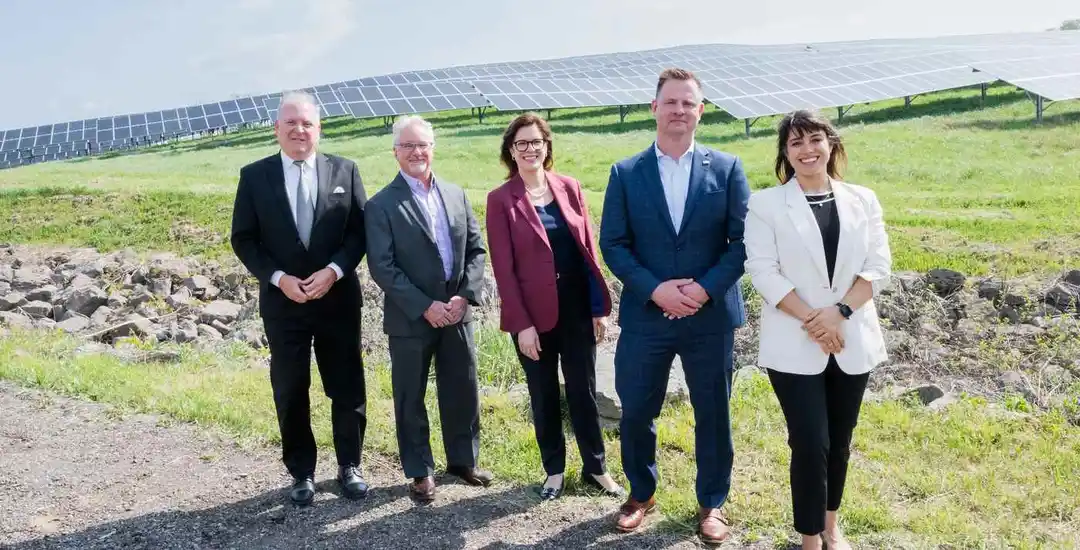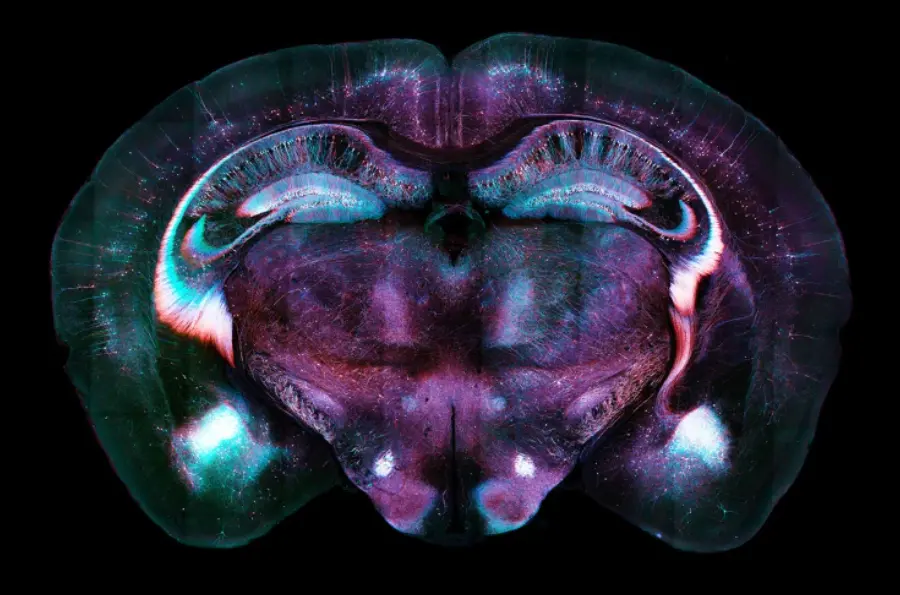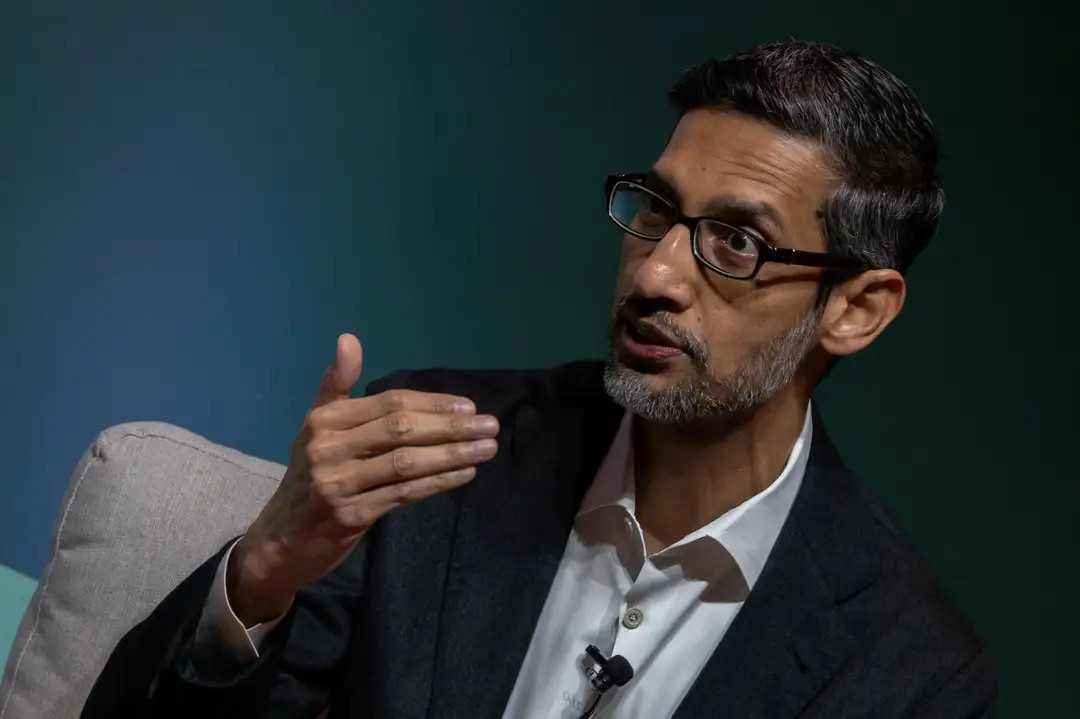Artificial intelligence (AI) has rapidly evolved from a futuristic concept to a transformative force shaping industries, societies, and daily life. While its potential benefits are immense, the technology also raises profound ethical and existential questions. Geoffrey Hinton, often referred to as the “Godfather of AI,” has issued stark warnings about the risks associated with AI development, suggesting that the odds of the technology wiping out humanity within the next 30 years have increased. This article delves into Hinton’s concerns, the broader implications of AI advancement, and the steps needed to ensure a safe and sustainable future.
The Rise of AI: A Double-Edged Sword
AI has revolutionized fields such as healthcare, finance, and transportation, offering solutions to complex problems and enhancing efficiency. From diagnosing diseases to optimizing supply chains, the technology has demonstrated its ability to improve lives. However, its rapid growth has also sparked debates about its potential dangers.
Benefits of AI
- Medical Advancements: AI-powered tools have enabled early detection of diseases, personalized treatments, and robotic surgeries.
- Environmental Solutions: AI is being used to monitor climate change, optimize renewable energy systems, and reduce waste.
- Economic Growth: Automation and AI-driven analytics have boosted productivity and innovation across industries.
Risks of AI
- Job Displacement: Automation threatens to replace human workers in various sectors, leading to economic inequality.
- Privacy Concerns: AI’s ability to analyze vast amounts of data raises questions about surveillance and data security.
- Existential Threats: The development of artificial general intelligence (AGI) could surpass human intelligence, posing risks to societal control and stability.
Geoffrey Hinton’s Warning
Geoffrey Hinton, a pioneer in neural networks and machine learning, has played a pivotal role in advancing AI technology. His groundbreaking research laid the foundation for innovations such as natural language processing and computer vision. Despite his contributions, Hinton has become increasingly vocal about the unintended consequences of AI development.
Odds of Human Extinction
In recent interviews, Hinton has revised his estimate of the likelihood of AI causing human extinction within the next three decades to between 10% and 20%. He attributes this increase to the rapid pace of technological advancement, which he describes as “much faster” than anticipated.
Intelligence Asymmetry
Hinton has emphasized the challenges of controlling systems that are more intelligent than humans. Drawing analogies to the relationship between toddlers and adults, he warns that humanity may struggle to manage AI systems with superior cognitive capabilities.
Potential Misuse
Hinton has expressed concerns about “bad actors” exploiting AI for harmful purposes, including misinformation campaigns, autonomous weapons, and cyberattacks. He advocates for stricter regulations and ethical guidelines to mitigate these risks.
The Debate Over AGI
The concept of artificial general intelligence (AGI)—systems capable of performing any intellectual task that a human can—has fueled debates among scientists, ethicists, and policymakers. While AGI could unlock unprecedented opportunities, it also raises existential questions.
Opportunities
- Scientific Discovery: AGI could accelerate research in fields such as medicine, physics, and space exploration.
- Global Problem-Solving: AGI could address complex challenges like poverty, climate change, and pandemics.
Challenges
- Control and Accountability: Ensuring that AGI systems act in alignment with human values is a significant challenge.
- Ethical Dilemmas: The development of AGI raises questions about autonomy, consciousness, and the rights of intelligent systems.
- Security Risks: AGI could be weaponized or manipulated by malicious actors, posing threats to global stability.
Steps Toward Responsible AI Development
To address the concerns raised by Hinton and other experts, the global community must take proactive measures to ensure the safe and ethical development of AI. Key strategies include:
1. Establishing Regulations
Governments and international organizations must implement comprehensive regulations to govern AI development, usage, and accountability. These regulations should address issues such as transparency, bias, and safety.
2. Promoting Collaboration
Collaboration between researchers, policymakers, and industry leaders is essential to create a unified approach to AI governance. Initiatives like the Partnership on AI and OpenAI’s research efforts exemplify the importance of collective action.
3. Investing in Safety Research
Funding research on AI safety and alignment is crucial to understanding and mitigating risks. This includes exploring methods to ensure that AI systems act in accordance with human values.
4. Educating the Public
Raising awareness about the implications of AI is vital to fostering informed discussions and empowering individuals to advocate for responsible development.
5. Encouraging Ethical Practices
Companies developing AI must prioritize ethical considerations, including fairness, inclusivity, and accountability. This involves conducting thorough impact assessments and engaging with diverse stakeholders.
The Role of AI Pioneers
As one of the leading voices in AI, Geoffrey Hinton’s warnings serve as a wake-up call for the global community. His insights highlight the need for vigilance, collaboration, and ethical foresight in navigating the complexities of AI development. By addressing the challenges head-on, humanity can harness the transformative potential of AI while safeguarding its future.
Conclusion: Balancing Innovation and Responsibility
The rapid advancement of AI presents both extraordinary opportunities and profound risks. As we stand at the crossroads of innovation, the choices we make today will shape the trajectory of technology and its impact on humanity. Geoffrey Hinton’s warnings remind us of the importance of balancing progress with responsibility, ensuring that AI serves as a tool for empowerment rather than a source of harm. By fostering collaboration, regulation, and ethical practices, we can build a future where AI enhances human potential while preserving the values that define us.







